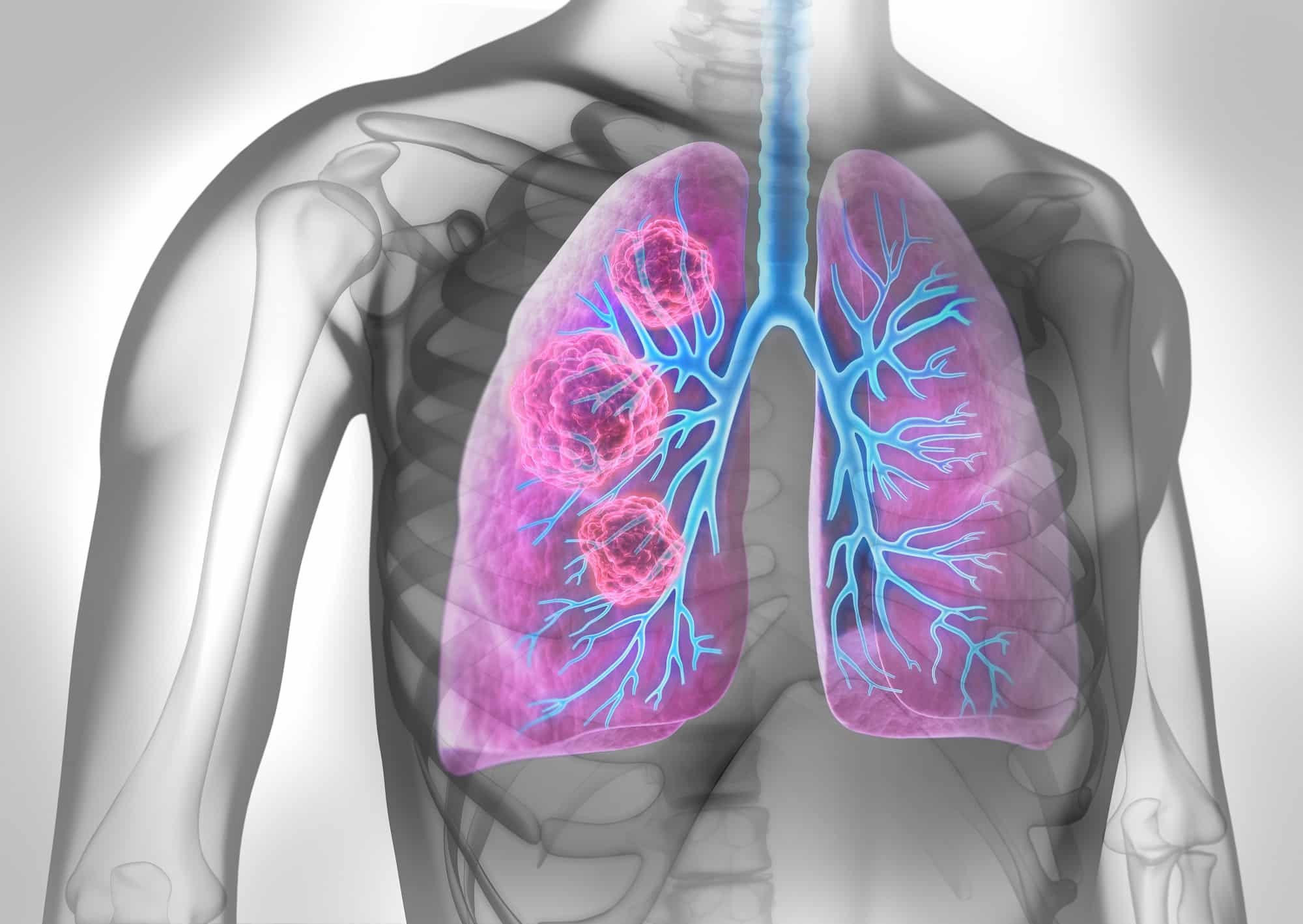NAH Research (August 2022)
Lina Silva Salinas2022-08-16T09:15:25+02:00List of publications related to the care for older persons with cancer by SIOG Nursing and Allied Health members (May-August 2022): Abu Helal A, Chon J, Timilshina N, Berger A, Romanovsky L, Jin R, Monginot S, Alibhai SMH. Quality of care of consultations from the geriatric oncology clinic: "Are we addressing the needs of patients?". J Geriatr Oncol. 2022 May;13(4):440-446. doi: 10.1016/j.jgo.2021.12.001. Epub 2021 Dec 13. PMID: 34916175 Akhtar A, Sosa E, Castro S, Sur M, Lozano V, D'Souza G, Yeung S, Macalintal J, Patel M, Zou X, Wu PC, Silver E, Sandoval J, Gray SW, Reckamp KL, Kim JY, Sun V, Raz DJ, Erhunmwunsee L. A Lung Cancer Screening Education Program Impacts both Referral Rates and Provider and Medical Assistant Knowledge at Two Federally Qualified Health Centers. Clin Lung Cancer. 2022 Jun;23(4):356-363. doi: 10.1016/j.cllc.2021.12.002. Epub 2021 Dec 12. PMID: 34991968; PMCID: PMC9149065. Anderson C, Olshan AF, Park J, [...]



